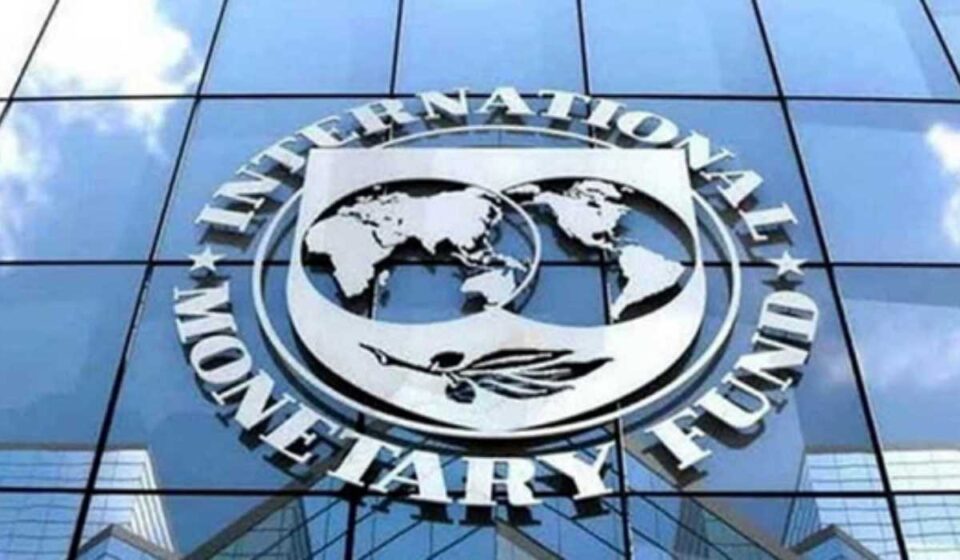The International Monetary Fund (IMF) has approved a $71 million disbursement to Niger, aiming to stabilize the nation’s economy amidst significant challenges. This financial aid is part of a comprehensive support program tailored to address the economic strain caused by external shocks, such as fluctuating commodity prices and regional instability. The funding is intended to assist Niger in managing its fiscal deficits and enhancing economic resilience.
Niger’s economic challenges are compounded by internal policy uncertainties, which have hindered consistent growth and development. The IMF’s intervention is designed to support the country’s efforts in achieving fiscal consolidation and broadening its economic base. By promoting economic diversification, the IMF hopes to reduce Niger’s vulnerability to external economic fluctuations and create a more stable economic environment.
The assistance from the IMF is seen as a critical step towards sustainable growth and poverty reduction in Niger. The program includes measures to improve governance and fiscal management, ensuring that the funds are utilized effectively to meet the country’s development goals. This intervention is expected to provide a much-needed boost to Niger’s economy, fostering long-term stability and growth.


